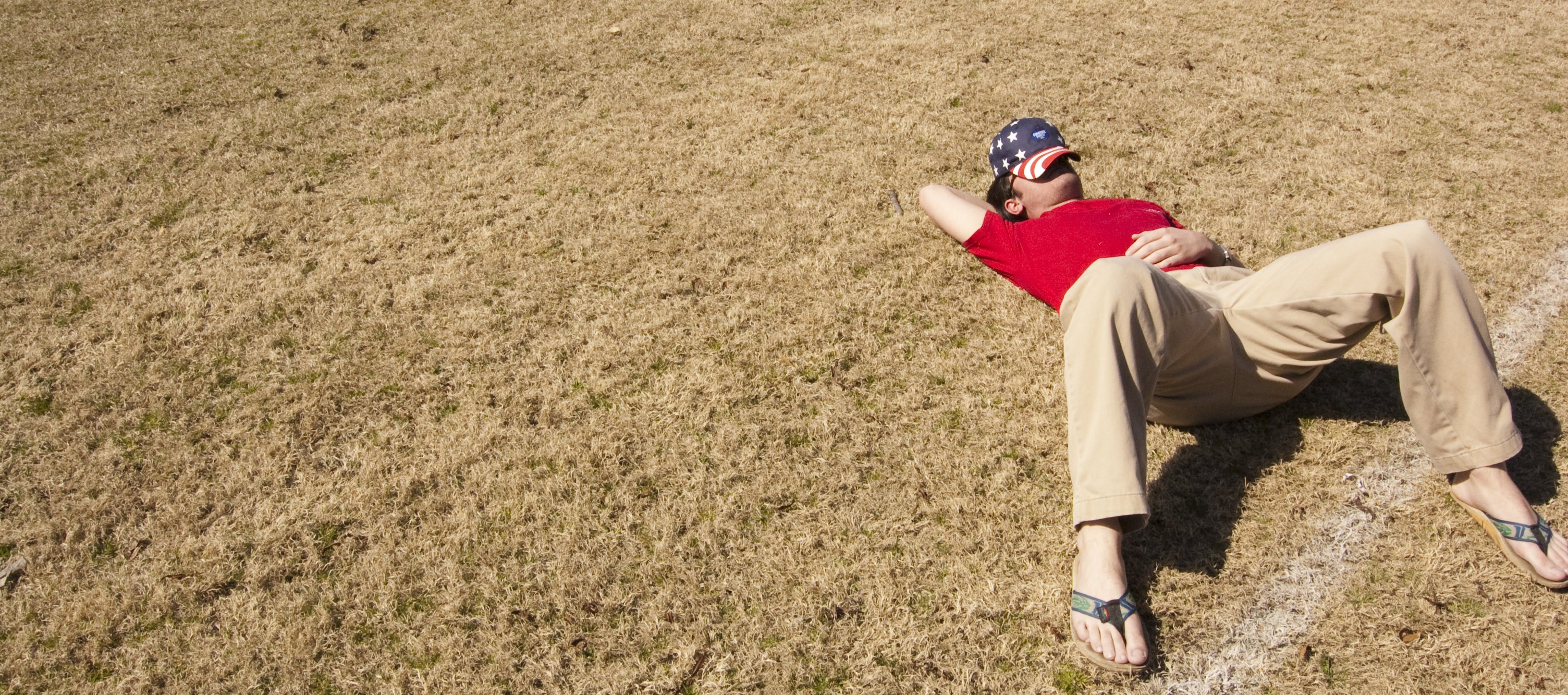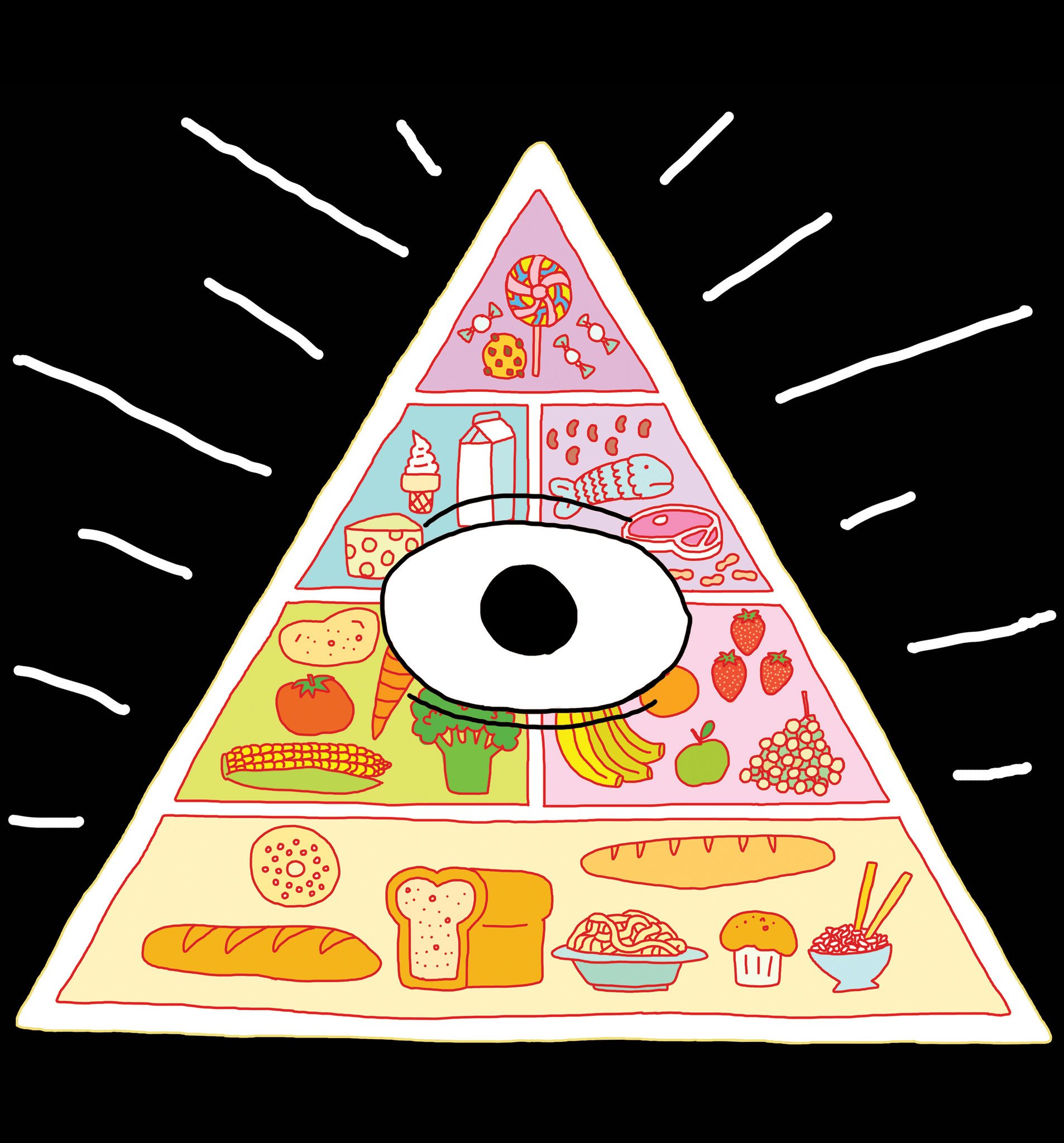Must Reads
Quote of the day:
Nothing is good or bad but thinking makes it so
- Hamlet
I read a book the other day that I want tell you about, entitled Staying Sharp. I will distill the book down to its core messaging and add some commentary to liven things up.
Hopefully if I credit the authors and link to the book, the authors won't sue me for copyright infringement. Fortunately (or unfortunately?) I don't have any assets which renders me judgement proof.
The 9 Keys To Staying Sharp

In Staying Sharp, Dr. Emmons and Dr. Alter lay out nine keys to maintaining a youthful brain well into old age.
One thing I like about the book is that the authors emphasize compassion, belonging, community, and relationships. I do not think these aspects get their deserved attention in the cognitive enhancement community. Spending quality time around others completely alters your neurophysiology in beneficial ways.
Without further preamble, here are the author's 9 keys to staying sharp.
1. "A youthful brain loves movement"
 Motion and mindful exercise can directly benefit brain health and mood. Regular, vigorous exercise is probably the most important modifiable determinant of brain health.
Motion and mindful exercise can directly benefit brain health and mood. Regular, vigorous exercise is probably the most important modifiable determinant of brain health.
I'm personally low energy. The challenge has always been to get motivated enough to exercise in the first place. This is the "I know it's good for me I just don't do it anyway" problem.
Unfortunately, the only cure is embracing the suck and learning to be comfortable with discomfort. Modafinil also seems to improve exercise endurance, which is why it is featured in the World Anti-Doping Agency's list of prohibited substances.
Further reading:
- Lifestyle Factors That Affect Brain Health: Exercise
- Exercise is brain food: the effects of physical activity on cognitive function (2008)
- Physical exercise increases adult hippocampal neurogenesis in male rats provided it is aerobic and sustained (2016)
2. "A youthful brain is well-rested"

Teenagers sleep deeply due to a surge of human growth hormone, but aging adults are not so lucky. We're prone to insomnia, less-than-restorative sleep, and early morning awakenings. Poor sleep quality is problematic because sleep cleans the brain.
But fear not, there are proven methods to improve sleep quality. The two most effective strategies for me were (1) early-morning bright light therapy and (2) nighttime melatonin.
Further Reading:
- The Sleep Optimization Checklist
- 37 Science-Backed Tips For Better Sleep Tonight
3. "A youthful brain is well-nourished."
 Image credit: NYTimes
Image credit: NYTimes
What is a brain-healthy diet, anyway? This question is much more intricate than I first assumed.
We might perform a quick Google search and locate a laundry list of brain-healthy foods. But this hasty approach misses some important details.
Dietary recommendations change so frequently due to the advancement of biomedical research but also changes in sentiment. The totality of papers published to date is so vast that it can be difficult to integrate and distill the information into actionable recommendations.
Contradictory results, publication bias, poor study design and difficulty translating results from animal models to humans are a few of the many issues that make it difficult to translate biomedical research.
It is also important to recognize that dietary recommendations should be tailored to an individual’s physiology. For example, the ideal diet for a patient with severe uncontrolled hypertension is likely different than for a teenage boy.
A diet that is healthy overall is also a brain-healthy diet. Eating for your brain does not entail eating anything "special."
Example: a flavonoid-rich diet that improves the cardiovascular system will also benefit the brain. That's because a "cleaner", less hypertensive vasculature will lead to improved brain perfusion. (Perfusion is the process of a body delivering blood to a capillary bed in its biological tissue).
What You Don't Eat Is Important
The foods that you don't eat are just as important as the foods that you do consume.
Consider celery, which in itself is not particularly nutritious (it's 95% water). One benefit of celery is that it provides dietary fiber.
But on the whole, celery is no "superfood." Yet eating lettuce is still net-beneficial because it means you're not eating something harmful, like a transfat-infused bacon donut.
Foods can be neurotoxic. A high-sugar diet leads to insulin resistance and impaired glucose homeostasis. The link between glucose regulation (blood sugar) and cognitive function is so compelling that some researchers think that Alzheimer's disease is "type 3 diabetes."
The takeaway: eating "neutral" foods like celery that aren't particularly nutritious can be positive if it prevents you from eating bad things.
Monitoring Salt Intake is Key

It's well known that excess sodium contributes to hypertension. The link between hypertension and cognitive decline is equally well-established.
It's difficult to be mindful of sodium intake. There are too many sources of dietary sodium that fly under the radar.
If you eat out a few times a week and eat some prepackaged foods (e.g., canned foods, TV dinners), I would avoid adding sodium to any home cooked meals. There's no doubt that excess sodium increases blood pressure.
The DASH-sodium study concluded that the effect of reduced dietary sodium intake alone on blood pressure is substantial. The largest decrease in blood pressure was observed in participants that ate the DASH eating plan at the lowest sodium level (1,500 milligrams per day). But this study is especially interesting because participants in both the control and DASH diet group showed lowered blood pressure with decreased sodium alone.
Further reading:
4. "A youthful brain cultivates curiosity"
Novelty, play, and wonder are potent brain fertilizers. But can you incorporate these principles into your life?
5. "A youthful brain is flexible"
Neuroplasticity has become a dirty buzzword in neuroscience. It's a dirty word because it's misused in ways that obfuscate rather than illuminate. Neuroplasticity simply means that your brain is changeable (plastic). Nothing more.
On a less critical note, it's important to recognize the brain's amazing ability to change and adapt through our whole lives.
There are a few ways to keep your brain flexible and resilient:
- exposure to new experiences
- travel
- play
- pushing yourself
- socializing (intrinsically requires flexibility)
- learning new skills
I doubt that brushing your teeth with your non-dominant hand will do much for neuroplasticity. But these suggestions might help: pushing yourself outside of your comfort zone. Being socially expansive even if it's not your default state. Confronting novel situations even if you prefer predictability and comfort. Traveling (if you can afford it).
Lumosity is the online brain training software that claims to promote neuroplasticity. But a coalition of 70 scientists slammed brain games like lumosity, signing a letter of consensus that the claims brain games make aren't tenable.
Further reading:
- How to Become a ‘Superager’ (Or Why You Have To Push Yourself)
- Lumosity's Brain Games Are Bullshit
6. "A youthful brain is optimistic."

You live longer once you realize that any time spent being unhappy is wasted.
- Ruth E. Renkl
I don't know about you, but my default state is profoundly pessimistic.
Depressives may more accurately predict outcomes in certain experimental paradigms. This implies that there might be a hint of self-delusion in optimism.
This observation has led to the highly controversial "depressive realism" hypothesis. Dr. Hussein states it best in the abstract to his paper:
This paper is an attempt to critically analyze depressive realism hypothesis, which states that depressed people are more accurate in their perceptions and judgments than their non-depressed counterparts. Studies using diverse research methods supporting depressive realism are reviewed. Possible mechanisms that may explain depressive realism such as self-focused attention and self-schemas are discussed. Finally, conceptual and methodological issues pertaining to depressive realism are addressed for future research.
Undoubtedly, there's a lot of variation in mood and outlook between people. But optimism is skill that can be cultivated with great benefit even if you're pessimistic by default.
7. "A youthful brain is empathetic"
Humans are arguably wired to be compassionate and generous. When humans develop the capacity to love well, our happiness flourishes. Compassion strengthens relationships and fosters a sense of belonging.
Further Reading:
- Caregiving within and beyond the family is associated with lower mortality for the caregiver: A prospective study
- 7 Science-Backed Reasons Generosity Is Good For Your Health
8. "A youthful brain is well-connected"

I don't think the authors mean well-connected in the careerist or nepotistic sense.
Aristotle was right that humans are fundamentally social beings. According to Aristotle, we are scarcely human at all outside of the polis (community, city). Investing in meaningful relationships and developing a sense of belonging in the world can do wonders for your brain.
Further Reading:
- How Social Isolation is Killing Us
9. "A youthful brain is authentic"
This is one of the most important goals of living well (aka the Good Life).
Authenticity is becoming more fully yourself. If you try to deconstruct this idea of authenticity, you realize that everyone is necessarily derivative and inauthentic. We're all amalgamations of experiences and influences. Nevertheless, there is some insight to be gained from an alignment between your own internal "spirit" and your career, relationships, and outward life. Stated negatively, living authentically is not trying to duplicate successful personalities.
Further reading:
- How to Be More Authentic
The Takeaway
What are the determinants of human happiness? This question is an age-old philosophical question pursued by Plato and Aristotle.
Brain health is intertwined with general health and happiness.
Staying happy supports brain health and overall cognitive function.
Therefore the question of brain health is essentially reduced to absurdity. Asking "what is brain-healthy?" becomes indistinguishable from asking "how can I live well?"
